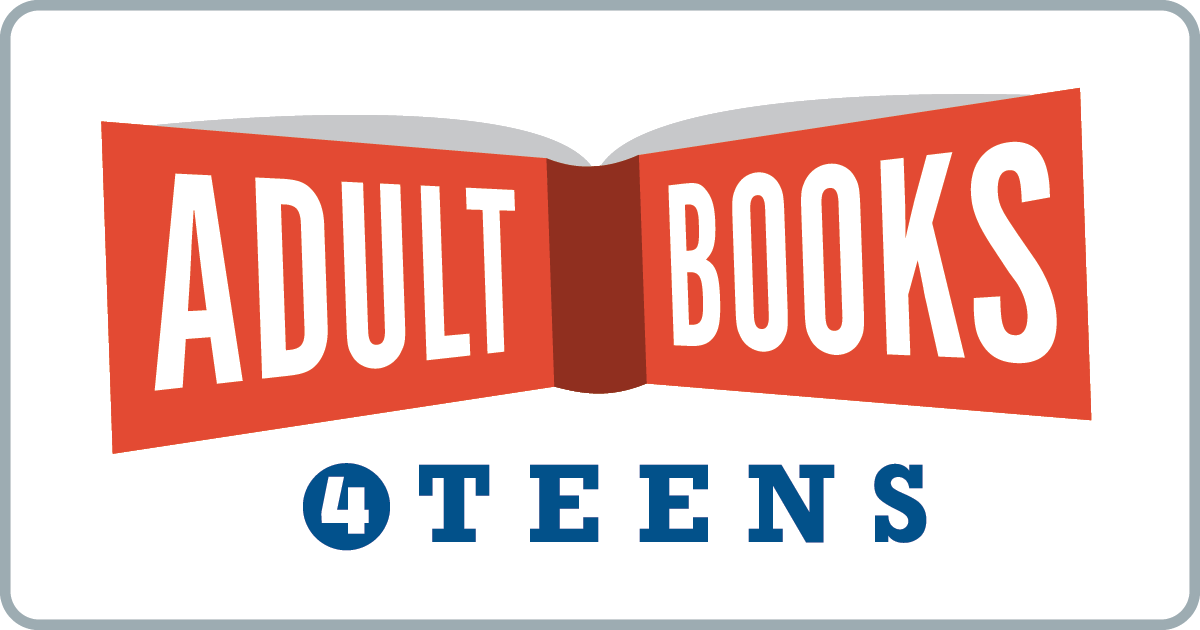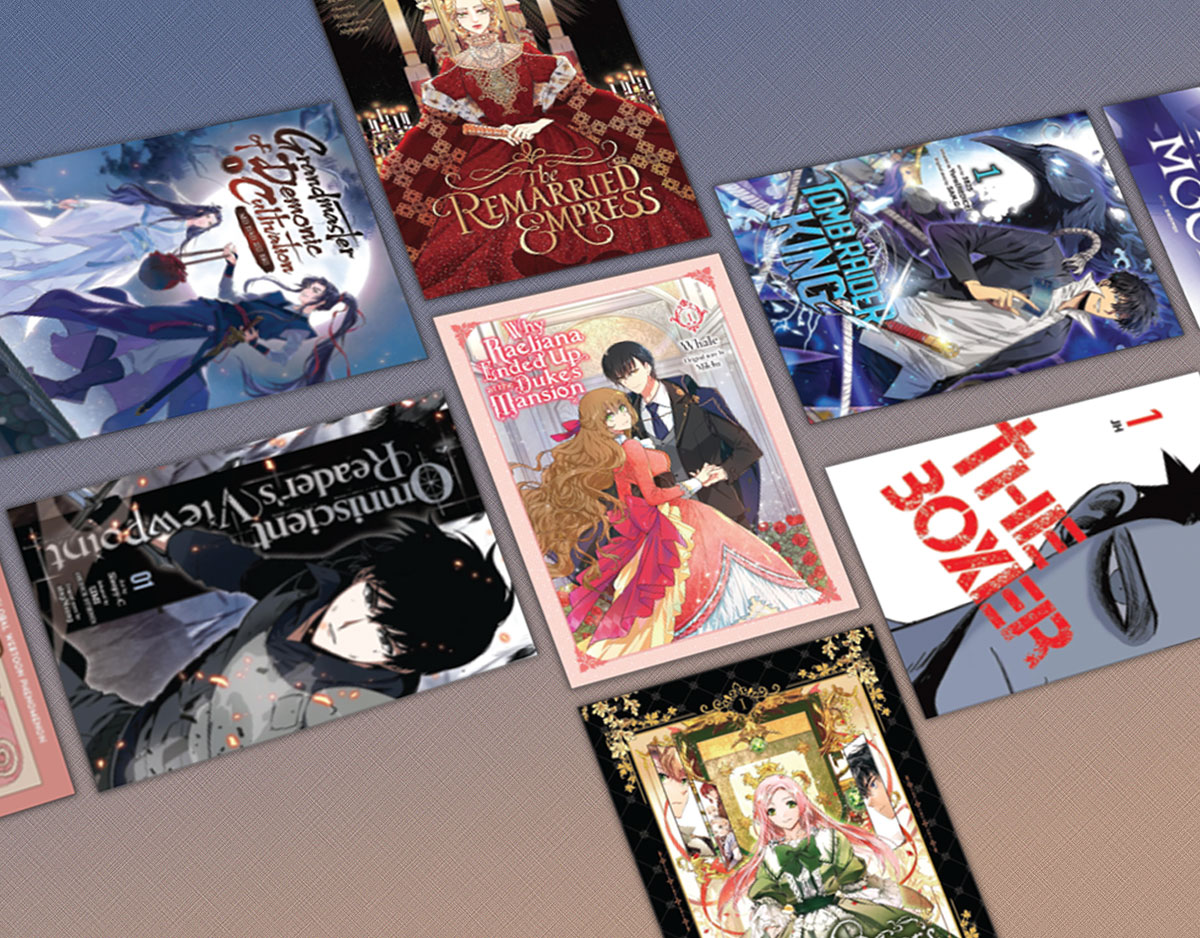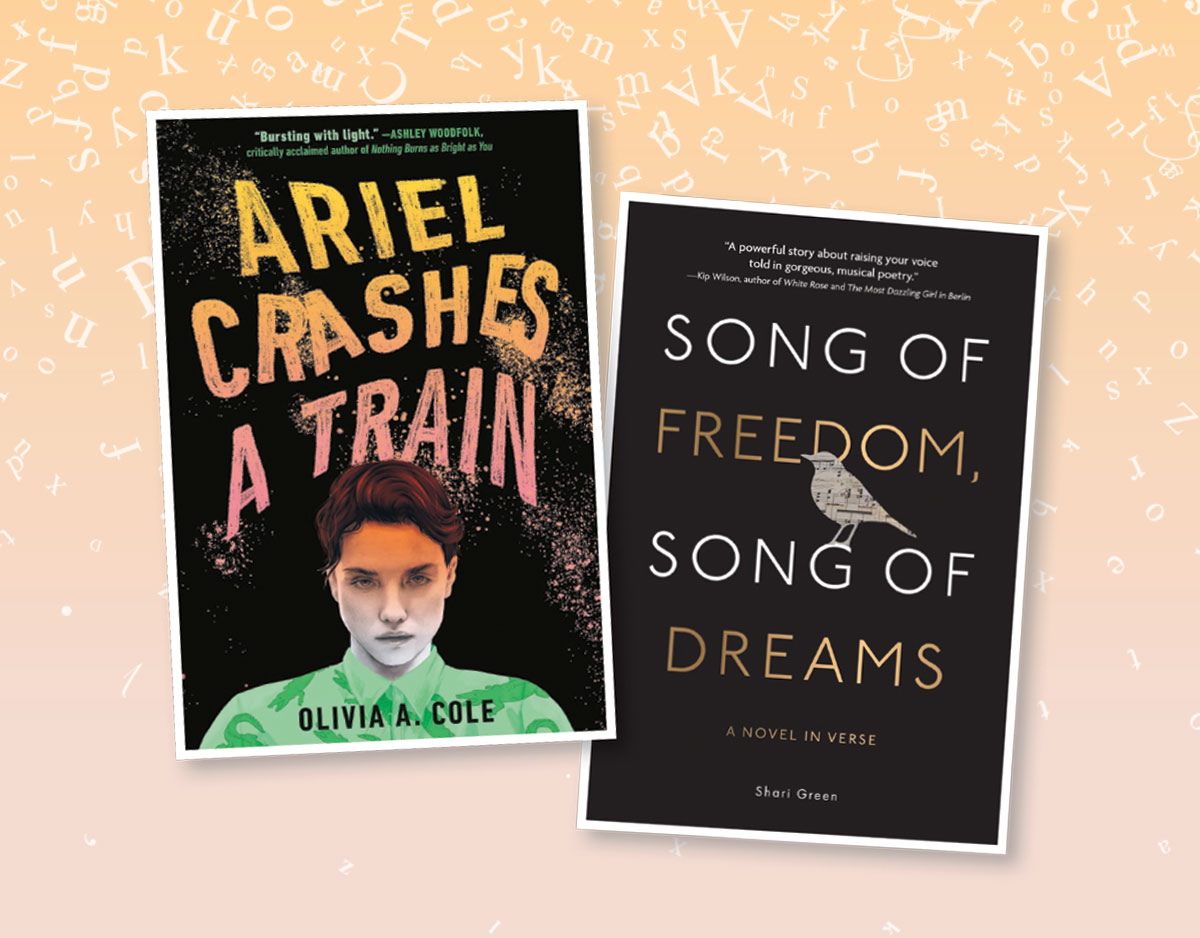SCROLL DOWN TO READ THE POST
A Debut Novel by Indie Rock Darling John Darnielle
As a (and often the only) member of the indie rock band The Mountain Goats, John Darnielle is responsible for some of the most literate music of the 2000s and early 2010s. This year he turned to the in-no-way-guaranteed-to-succeed extension of that literate nature: a novel. But succeed it does, and I’m not the only one to think so: Wolf in White Van was long-listed for the National Book Award for Fiction. I can’t say I’ve read the rest of NBA’s longlist, but if Darnielle’s book is indicative of their quality, then I’ll have to get to them quickly.
This is a truly remarkable novel, which I’ve decided not to give a starred review to only because I think the teen audience will be fairly limited. Some teens (and some adults, for that matter) will be turned off by the elusive nature of the narrative, as Darnielle keeps pulling away from revealing key facts. And others by the slim plot. But those who stick with it will be greatly rewarded by a tremendous piece of prose, and a very thoughtful exploration of deep themes about violence, responsibility, and the nature of reality. Do yourself a favor and read this book. And while you’re at it, pick up some of Darnielle’s music.
ADVERTISEMENT
ADVERTISEMENT
DARNIELLE, John. Wolf in White Van. 207p. Farrar. Sept. 2014. Tr $24. ISBN 9781250048004. LC 2014015427.
 Darnielle’s preposterously assured debut novel winds its plot around two tragic incidents. The first, copiously hinted at but not revealed till more than halfway through the novel, results directly in the permanent facial mutilation of the narrator, Sean, at age 17; and indirectly in Sean’s creation of a mail-order role playing game called Trace Italian, designed in part to help him escape from the real world. The second tragedy involves two teen players of Trace Italian taking the game too far into reality, leading to the death of one of the players. The ironic bookends of these two events might seem too programmatic if not for Darnielle’s deft handling of nonlinear storytelling. Sean’s narration is structured around free-associative flashbacks to before and after each tragedy, as well as meditations on Trace Italian, including snippets of gameplay—Sean’s game instructions and the moves of various players. The plot as such is fairly scanty, but the protagonist’s meditations on the events in his life vibrate with intensity and inner depth. And though Sean is an adult in the story’s present day, Darnielle’s psychologically complex portrayal of Sean’s childhood and adolescence, along with the intriguing glimpses at the game, should be more than enough to bring mature teens to this masterful novel.—Mark Flowers, John F. Kennedy Library, Vallejo, CA
Darnielle’s preposterously assured debut novel winds its plot around two tragic incidents. The first, copiously hinted at but not revealed till more than halfway through the novel, results directly in the permanent facial mutilation of the narrator, Sean, at age 17; and indirectly in Sean’s creation of a mail-order role playing game called Trace Italian, designed in part to help him escape from the real world. The second tragedy involves two teen players of Trace Italian taking the game too far into reality, leading to the death of one of the players. The ironic bookends of these two events might seem too programmatic if not for Darnielle’s deft handling of nonlinear storytelling. Sean’s narration is structured around free-associative flashbacks to before and after each tragedy, as well as meditations on Trace Italian, including snippets of gameplay—Sean’s game instructions and the moves of various players. The plot as such is fairly scanty, but the protagonist’s meditations on the events in his life vibrate with intensity and inner depth. And though Sean is an adult in the story’s present day, Darnielle’s psychologically complex portrayal of Sean’s childhood and adolescence, along with the intriguing glimpses at the game, should be more than enough to bring mature teens to this masterful novel.—Mark Flowers, John F. Kennedy Library, Vallejo, CA
Filed under: Contemporary Fiction
About Mark Flowers
Mark Flowers is the Young Adult Librarian at the John F. Kennedy Library in Vallejo, CA. He reviews for a variety of library journals and blogs and recently contributed a chapter to The Complete Summer Reading Program Manual: From Planning to Evaluation (YALSA, 2012). Contact him via Twitter @droogmark
ADVERTISEMENT
SLJ Blog Network
The Moral Dilemma of THE MONSTER AT THE END OF THIS BOOK
Cover Reveal and Q&A: The One and Only Googoosh with Azadeh Westergaard
K is in Trouble | Review
A Reading Community: A Love Letter to Local Independent Bookstores, a guest post by Heather Del Piano
The Classroom Bookshelf is Moving
ADVERTISEMENT
ADVERTISEMENT







